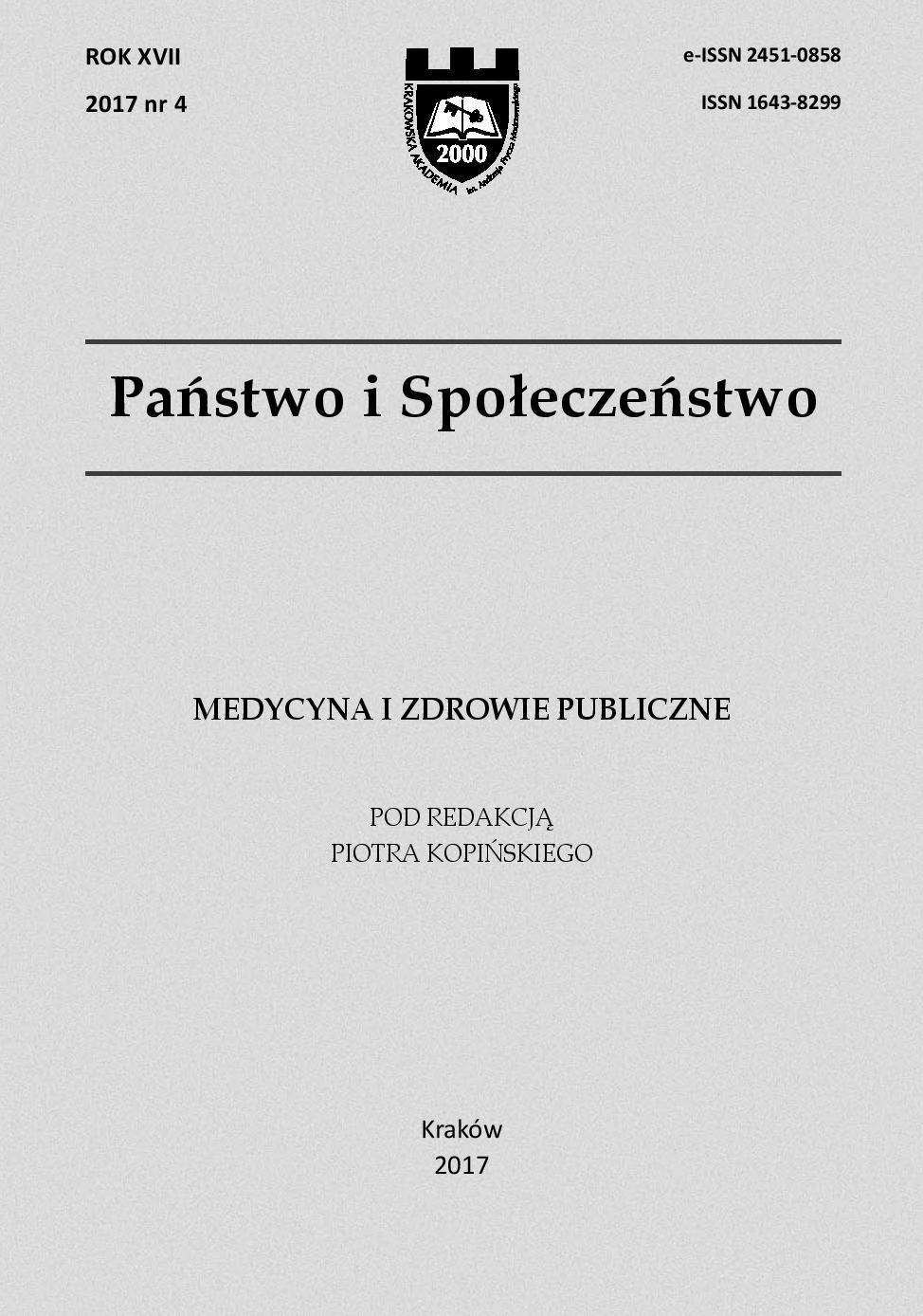Wpływ kurkuminy na uszkodzenia DNA indukowane mutagennym składnikiem żywności (heterocykliczną aminą aromatyczną) w limfocytach pacjentów z nowotworem jelita grubego
Influence of curcumin on DNA damage induced with food mutagen (heterocyclic aromatic amine) in lymphocytes isolated from colorectal cancer patients
Author(s): Agnieszka Cierniak, Anna Łabno, Marek Winiarski, Marcin Dembiński, Piotr Budzyński, Małgorzata Kalemba-DrożdżSubject(s): Health and medicine and law, Sociobiology
Published by: Oficyna Wydawnicza AFM Uniwersytetu Andrzeja Frycza Modrzewskiego w Krakowie
Keywords: curcumin; DNA damage; PhIP; colorectal cancer; chemoprevention;
Summary/Abstract: Introduction: Food contains substances that are potentially mutagens such as PhIP, heterocyclic aromatic amine, produced during heat treatment of meat, as well as substances that may act in protective manner, inter alia by modulating the antioxidant and anti-inflammatory response, such as curcumin, which is present in turmeric and curry. Material and methods: This study investigated the effect of PhIP and curcumin on DNA damage in lymphocytes isolated from the blood of colorectal cancer patients. Lymphocytes from individuals diagnosed with colorectal cancer (N=10) and healthy individuals(control, N=6) were treated with PhIP or/and curcumin, followed by analysis of DNA damage using single cell gel electrophoresis (comet assay). Results: Preliminary results suggest that lymphocytes of patients with colorectal cancer have a greater baseline DNA damage than those from healthy individuals. PhIP-induced DNA damage is dose-dependent and can be reduced in the presence of curcumin, especially at low concentration (up to 5 μM). Conclusions: The data show that curcumin may exert a protective effect against DNA damage induced by mutagens present in food.
Journal: Państwo i Społeczeństwo
- Issue Year: XVII/2017
- Issue No: 4
- Page Range: 24-40
- Page Count: 17
- Language: Polish

